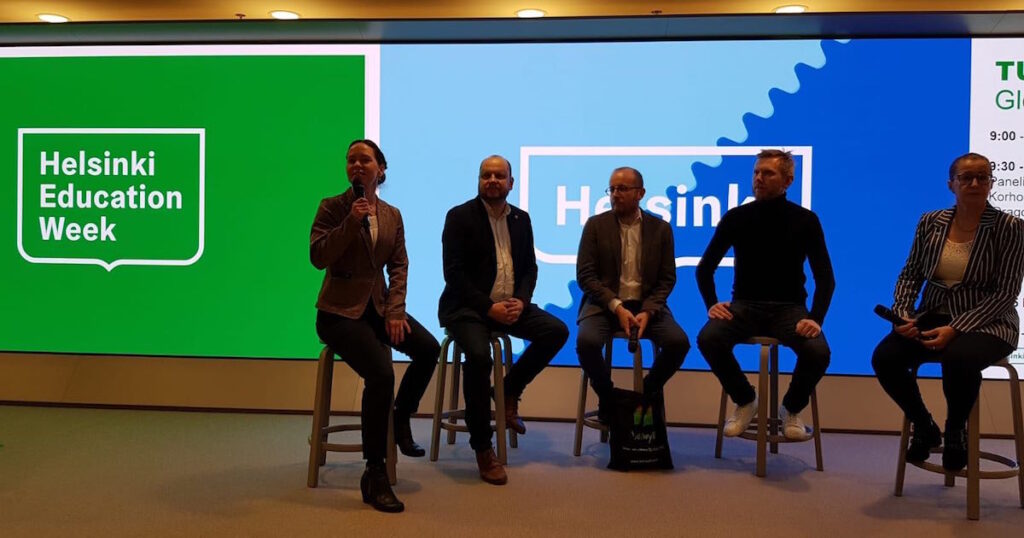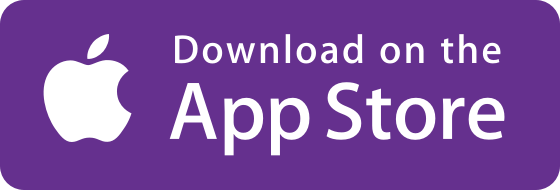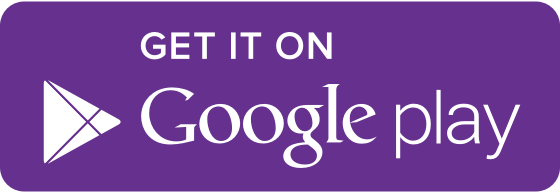Five days dedicated to the future of teaching and learning: our vice-chair Edoardo Montenegro shares his impressions from the Helsinki Education Week.
Teachers, professionals and experts from all over the world have gathered this week in Helsinki to meet and share their experiences at the Helsinki Education Week. With more than 200 events this event spreads across a city that has turned education into its brand.
Thanks to xEdu and Betwyll, I had the chance to join the Globalisation in Education panel and the HundrED Innovation Summit, which every year identifies the 100 best education innovations in the world, with the aim to make them scale internationally.
The city of education
The first striking element of the Helsinki Education Week is its political meaning. Helsinki is a learning hub for its students, who not only can enjoy the city in every season as a place for outdoor educational experiences, but also travel for free on all public transports.
It is the distinctive mark of a city that is known for having the best schools in the world but, as its major Jan Vaapavuori declared, simply states that it wants “the best among the worst schools of the world”, since its goal is that nobody is left behind.
Such a vision is aligned with the openness the city shows towards EdTech startups. From next autumn, in fact, foreign companies will be able to test pilots and co-create their products with the city public schools.
It is an important announcement, in a small expanding sector such as the European EdTech one, that Pia Pakarinen, vice-major in charge of education, made last Wednesday during the panel where I myself could tell how Betwyll is growing abroad via Finland.
In the last months, on this blog, I had described how school in Finland works, starting from vocational learning. Now, thanks to that panel, I can give a face to this model, embodied by Pekka Peura, headmaster at Startup High School and CEO at Dragon Box.
Finland as a gateway to Asia
A city that decides to open to foreign startups is perfectly consistent with a country that brings its startups abroad. These days, a large delegation of Finnish EdTech startups, including TinyApp and Kide Science, is attending the Singapore fair together with the City of Helsinki.
Within the global EdTech ecosystem, Finland seems in fact destined to be a European gateway to Asia, where, precisely in Singapore, accelerator Eduspaze launched a 500K dollars acceleration programme for startups in partnership with xEdu.
In this context, it is significant that EdTech Finland, the association gathering the Finnish EdTech startups, is among the protagonists of European EdTech Alliance, a project aimed at federating the EdTech sector in Europe, as Heini Karppinen, CEO at Mehackit, explained.
A breeding ground for innovation
The debate at the Helsinki Education Week was not just about EdTech startups, tough. If these startups exist and can survive, it is because they represent the entrepreneurial blossoming of a terrain that favours and gathers educational innovations in the nonprofit field from all over the world.
The Hundred Innovation Summit, with its network of ambassadors and innovators from 99 countries worldwide, thus showed the pulse of a work that gathers teachers and schools willing to “help each child ‘flourish’ in life, no matter what happens”.
Here we cannot tell all the manifold meanings of this summit, which is still underway. However, those who want to get an idea of it might watch its opening event in this video, and listen to the words of Saku Tuominen, Pukhraj Ranjan and their guests.
Edoardo Montenegro


